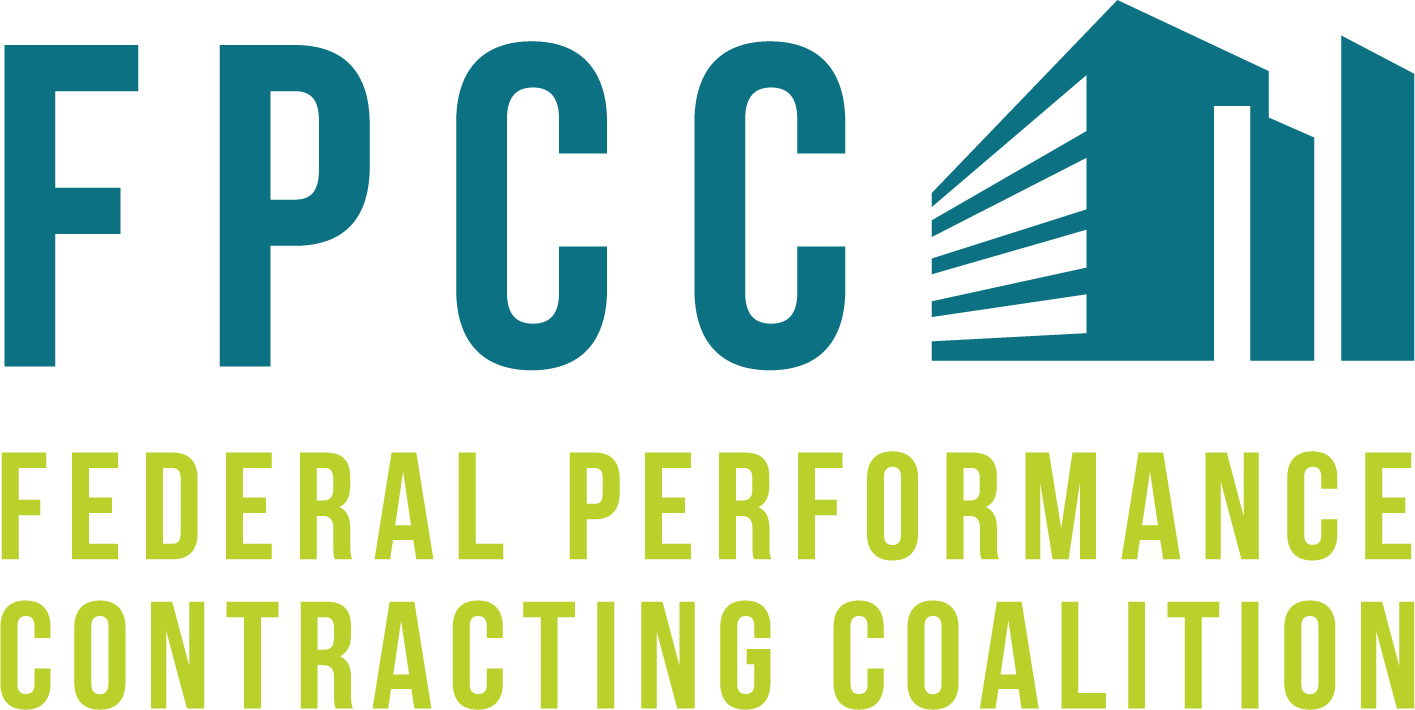Electrical systems are the lifeblood of any modern building, powering everything from lighting and HVAC systems to security networks and smart home features. During the construction phase of any residential, commercial, or industrial project, ensuring that the electrical work meets safety and code standards is not just important—it’s essential. This is where electrical inspections come into play, often conducted or overseen by licensed professionals, such as an experienced electrician in New Canaan, CT.
Licensed electricians and electrical contractors must obtain surety bonds to protect property owners and consumers from financial harm. Code violations, incomplete work, or contractor negligence are covered by an electrical contractor bond that provides essential protection. Bond amounts vary by state, typically ranging from $5,000 to $50,000, depending on project scope and jurisdiction requirements.
Electrical inspections during construction are a series of formal checks carried out to verify that all electrical components are installed correctly, function as intended, and adhere to local and national building codes. Skipping or cutting corners on inspections can lead to costly delays, safety hazards, and potential legal issues. Working with a licensed electrician in Harrison, NY ensures these inspections are handled properly and that your project stays compliant from start to finish. Here’s why these inspections are so critical to any successful construction project.
1. Ensuring Code Compliance
Every jurisdiction has its own building codes and safety standards related to electrical work. These codes are regularly updated to reflect new technologies, energy efficiency guidelines, and safety protocols.
Electrical inspections ensure that the work being done aligns with these codes. This includes:
-
Proper grounding and bonding
-
Correct wire sizes and load calculations
-
Installation of GFCI and AFCI protection where required
-
Adequate spacing between electrical panels and equipment
-
Correct use of conduit and cable types
Failing to comply with code can lead to costly rework, fines, or failed occupancy permits. A proper inspection process helps catch any issues early and provides peace of mind for contractors, property owners, and future occupants. Partnering with new construction electrical contractors ensures that every wiring and installation meets the highest safety standards from the start.
2. Identifying Safety Hazards
Construction sites are dynamic environments, and mistakes can happen—wires may be pinched behind drywall, circuits could be overloaded, or components might be installed improperly.
Electrical inspections help detect issues like:
-
Loose connections
-
Improperly installed outlets and switches
-
Faulty grounding
-
Incorrect breaker sizing
-
Overloaded circuits
Catching these problems early prevents future hazards such as electrical fires, electrocution risks, and system failures. Safety is paramount, and inspections are a proactive measure to protect both workers and end-users.
3. Avoiding Costly Repairs and Delays
Finding out that your electrical system doesn’t meet code after construction is complete can result in expensive delays and demolition. Inspectors check the work at multiple stages of construction—typically during rough-in and final installation—to make sure everything is done right the first time.
By resolving issues during these scheduled inspections, contractors can stay on timeline and avoid the costs associated with reopening walls or replacing materials. This not only saves money but also maintains project momentum.
4. Enhancing System Efficiency and Performance
Beyond safety, inspections also evaluate the functionality and efficiency of the electrical system. Inspectors may check for:
-
Proper breaker labeling
-
Panel balancing
-
Energy-efficient wiring configurations
-
Correct installation of lighting controls and smart systems
When these systems are set up properly during construction, the building will perform better from day one—using less energy, operating more smoothly, and requiring fewer future upgrades.
5. Meeting Insurance and Warranty Requirements
Many insurance providers require proof of code-compliant electrical installation before issuing policies. Likewise, manufacturers of electrical equipment may not honor warranties if the products were installed incorrectly.
Electrical inspections provide documentation that work was done professionally and to standard, helping ensure that insurance claims and warranty issues aren’t denied down the line.
6. Supporting Project Integrity and Reputation
For contractors and developers, quality control is everything. Electrical inspections are a critical checkpoint that helps ensure the entire project reflects high standards of workmanship.
Working with a qualified Commercial Electrician not only guarantees a smooth inspection process but also builds trust with clients who expect professionalism and safety. A properly documented inspection history can also be a valuable asset when marketing or selling the property.
Electrical inspections are not a bureaucratic formality—they are a necessary safeguard that ensures safety, functionality, and compliance throughout the construction process. By investing in timely and thorough inspections, construction teams can avoid future issues, reduce liability, and deliver buildings that are both efficient and safe.
Whether you’re building a single-family home or a multi-level commercial facility, make sure electrical inspections are an integral part of your project timeline.
